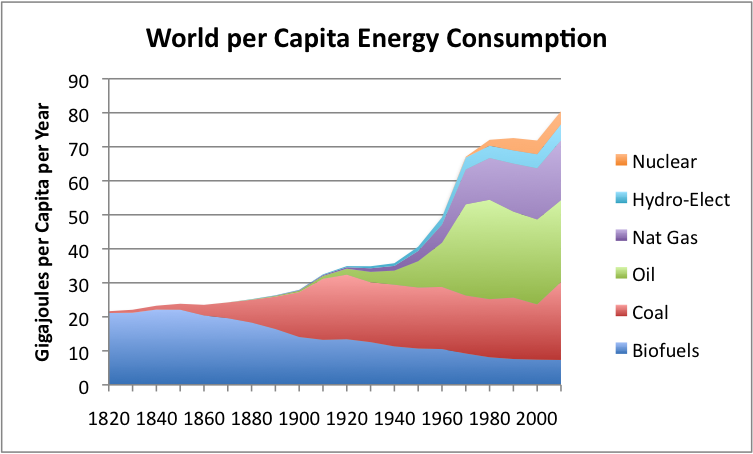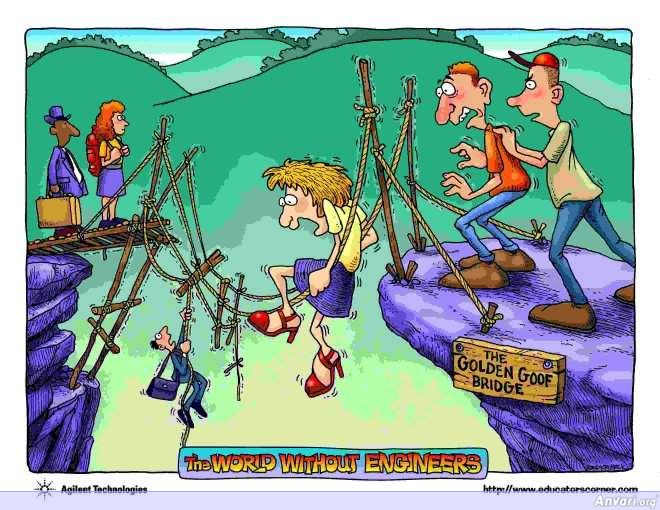- But two broader challenges highlighted by the pension crisis are particularly intractable in China. One is the central government’s historical struggle to keep the wealthier coastal regions aligned with the rest of China – one of the country’s core geopolitical imperatives. The more acute coast-interior disparities become, the more wealth the coasts will be asked to transfer to the interior, and the more coastal resistance to Beijing’s writ there’s likely to be.
The second is the scope of the grand bargain the Communist Party has made with the Chinese public – and the extraordinary degree of risk embedded in this social contract. Essentially, Beijing gets full rights to micromanage the Chinese people. In exchange, it takes on full responsibility for the welfare of the people. In other words, when the state demanded they do so, hundreds of millions of Chinese citizens gave up the right to have multiple children who, in keeping with core Chinese values, would see to their care in their golden years. Now, they’re finding the state may force them to spend these years destitute and alone. When Beijing scaled back the state sector, hundreds of millions left the interior to work in manufacturing on the coasts, propelling China toward untold wealth and global influence. Now, they’re finding that the state has neglected to make those who’ve gotten rich off their labor contribute their share to the social safety net – and that Hukou, a system designed for social control, is preventing them from getting what’s theirs.
Some one I met in China shared a saying that was essentially "the child's feet don't hit the floor until they're four years old". It's a more colorful way of saying for each child, there are six doting adults who spoil them rotten. Since that is the case... the inverse will also be true... one person must work to support six aging senior citizens. While the one-child policy has been much more loose for a decade or more... it's still a significant piece in the puzzle.The issue is likely to get quite a bit worse, thanks in no small part to China’s infamous one-child policy.
It's been interesting to me watching the hippies and nature lovers arguing for fewer kids and fewer people because of our fewer resources while watching the brokers and money lovers arguing for more kids and more people because of our need for ever-higher production and ever-higher needs for elderly care. On the one hand, there's only one planet and we all have to share it. On the other hand, if your two parents don't have three kids then we'll never be able to take care of grandma! “Anyone who believes that exponential growth can go on forever in a finite world is either a madman or an economist.” - Kenneth Boulding
I like to imagine what a world with around a billion people could be like. It would be incredibly painful getting there but it might be amazing. If growth per capita were there goal instead of gross GDP the world would look much different. Big Capital losses under growth per capita so nothing less than a revolution (in thought or politics or in economics) would be necessary to change the current system.
I'd think that by the time we are down to a billion people, energy will essentially be free and carbonless. Cities will be hyper dense. Most agriculture will take place in insanely efficient greenhouse conditions. Getting there will probably be a fucking blood bath and we will spend hundreds of years cleaning up the mess we have made.
The question, then, is whether you see a Jetsons or Road Warrior future. I think it depends on how we get there. It's been my experience that if you want to see what the world looks like in fifty years, look to Japan. Japan is hyper-dense, 60% of its agriculture is shipped in from abroad and getting there was a fucking blood bath. Tarkovsky got permission to shoot in Tokyo for Solaris. There's a whole bunch of hand-wavey shit about why there's a five-minute scene of driving around Tokyo in that film... but at the end of the day, the State wanted their money's worth and Tokyo was the goddamn future if you were Soviet in 1971.
Unless I'm missing the point completely, that's way before Frank-Caro and Haber-Bosh processes were used industrially for fertiliser production, though. Even with those tech constraints, you could probably double those numbers as long we can reliably fixate nitrogen.
Franc-Caro: Haber-Bosch: Michael Pollan pointed out that the principal ingredient in all foodstuffs is corn, and that the principal ingredient in corn is oil. 800 trillion BTUs in fossil fuels for American agriculture in 2012 - granted, US total energy use in 2017 was 97 quadrillion BTUs but "fixating nitrogen" is an energy intensive process no matter how you slice it. I think you need to drive down the Grapevine into LA amongst all the food trucks and look West and see the giant pipes pumping water uphill to Los Angeles to really get how much energy it costs to be alive these days.a reactor vessel at about 1,000°C.
using a metal catalyst under high temperatures and pressures:
Americans have held relatively steady since about 1970 but what that graph shows is the spike as the rest of the world approaches America's energy use since 1970. "Given a long enough timeframe" is about half of science fiction. What I know is it was "the Great American Desert" before we tried to get people to move there, then it became "the Great Plains" and I'll betcha a dollar it'll be "the Great American Desert" again.
Thanks, I have to confess that I'm not that good with US history/geography and it always surprises me there were (and are) massive droughts. Also, sorry that my previous comments sounded douchier than usual. Had a bad couple of days, hope you can understand.
Ohhhh, my friend you are missing out on some awesome history. The thing that kept Americans from expanding sea to shining sea? The Comanche. Archetypal reavers, barbarians, primitives with a thin culture compared to the other tribes they raided but as soon as they gained horses they became ruthless, efficient mass murderers of all comers. At one point several tribes banded together with the Spanish to drive out the Comanche... and failed. Comanche ate buffalo. The United States took on the massive project of driving the buffalo to extinction, basically intentionally destroying the ecosystem of the bulk of its landmass to drive an enemy to famine. And then once the Comanche capitulated they invited the flotsam and jetsam of the country to go tear up the buffalo grass and plant wheat. And then it didn't rain and the wheat died and the blowing dust from the ecological apocalypse traveled 2000 miles to rain down on the capitol. 'murica. Go big or go home. I didn't find your previous comments douchey at all. I didn't really consider the gestalt Malthusian problem until reading about six or seven different kinds of shortage-based apocalypse.


